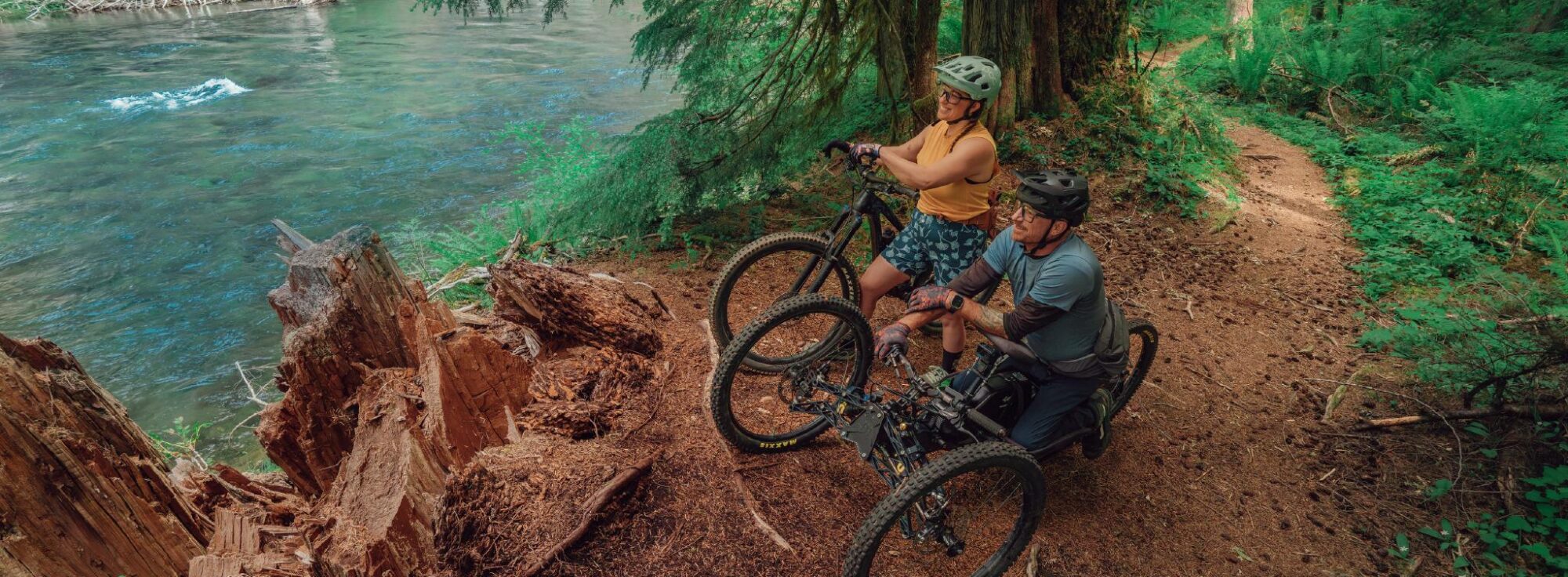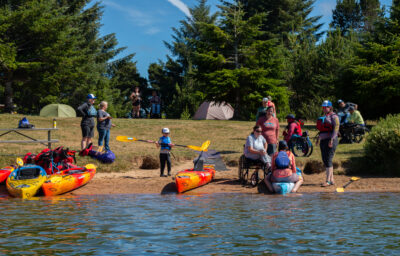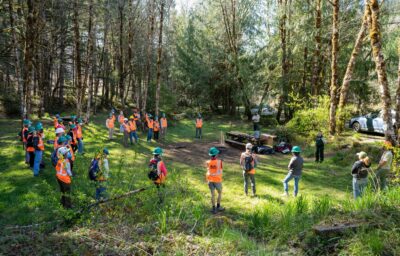
Photo by Dylan VanWeelden
Recreation Ready Program
Recreation Ready provides training, technical assistance and funding to support Oregon outdoor recreation experiences.
Funds distributed in the 2025-2029 Recreation Ready cycle must contribute to the development and improvement of Oregon communities by means of the enhancement and expansion of the visitor industry. Projects must align with Travel Oregon’s mission and demonstrate the potential to:
- Attract overnight visitors
- Improve accessibility for people with disabilities
- Enhance community well-being
- Grow local economic opportunities
- Steward the natural environment
The Letter of Intent closed on October 30, 2025, 5 p.m. PT. For application information, please review here.

